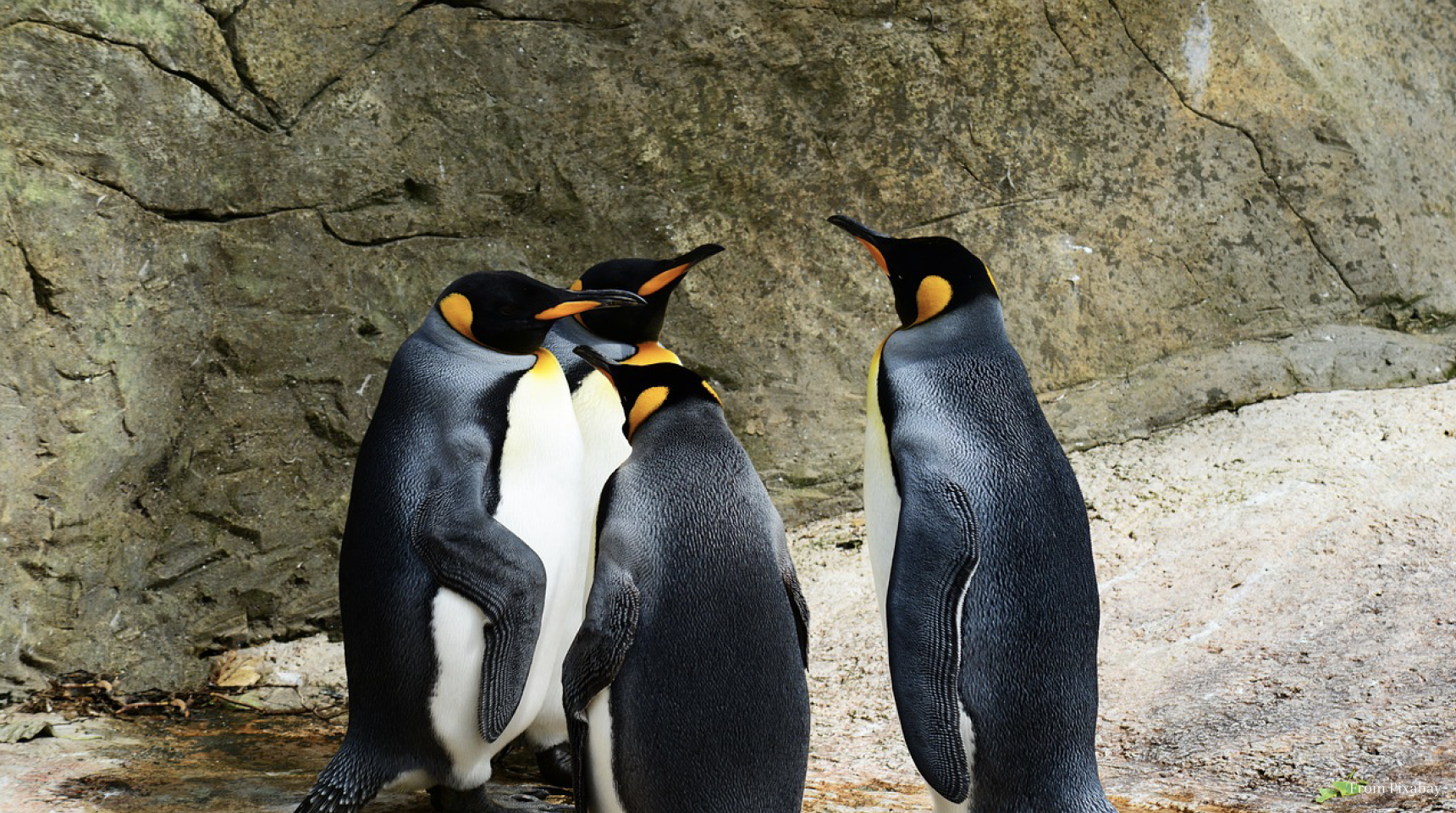
The Kerguelen Islands are a group of around 300 islands in the southern Indian Ocean. The main island, Grande Terre, is about the size of Corsica, but it remains largely uninhabited due to its harsh, desolate environment. The French claimed the islands in 1772, naming them after the explorer Yves-Joseph de Kerguelen-Trémarec. Over the years, the islands have been used for various purposes, including whaling, sealing, and scientific research. The weather on the Kerguelen Islands is relentlessly windy, with gusts regularly reaching over 100 km/h (62 mph). The cold oceanic climate means temperatures rarely rise above 10°C (50°F), even in summer. The islands’ remote location and harsh conditions make them inhospitable for permanent human settlement, but they are ideal for studying Earth's extreme environments and ecosystems.
Wildlife, such as king penguins, elephant seals, and albatrosses, thrives here, largely due to the absence of large predators and human interference. The French research station at Port-aux-Français supports various scientific missions, particularly in the fields of biology and climate science. The isolation of the Kerguelen Islands provides an ideal location for monitoring global atmospheric and environmental changes.